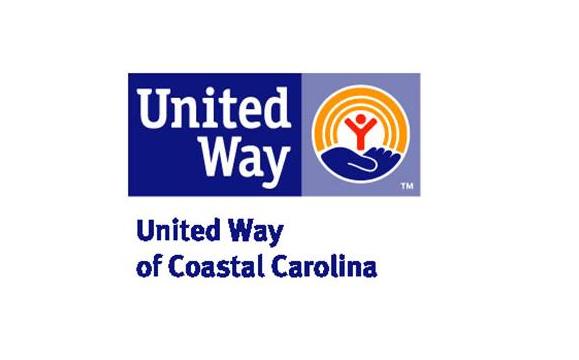 New Bern, NC – Governor Roy Cooper has announced that 2-1-1 is the number to call for assistance and resources related to the COVID-19 coronavirus.
New Bern, NC – Governor Roy Cooper has announced that 2-1-1 is the number to call for assistance and resources related to the COVID-19 coronavirus.
NC 2-1-1 is an information and referral service, operated by United Way of North Carolina, where families and individuals can obtain free and confidential information on health and human service resources within their community 24 hours a day, seven days a week, 365 days a year. Resources are available in most languages.
Locally, United Way of Coastal Carolina is proud to provide funding and support to bring 2-1-1 to Carteret, Craven, Jones and Pamlico Counties. “NC 2-1-1 is an important resource every day for families in our community who may experience a crisis such as food insecurity or unemployment. During times like this with the COVID 19 crisis, the needs of all North Carolinians will increase and 2-1-1 will be there to help,” said Sandra Phelps, UWCC Executive Director.
“Services like NC 2-1-1 are critical during times of emergency,” said Governor Cooper. “We need to make sure North Carolinians have access to the resources they need while we continue to work together to prevent the spread of COVID-19.”
North Carolinians can text COVIDNC to 898211 to receive general information and updates about COVID-19. Sign up now to get regular alerts on the rapidly evolving situation and North Carolina’s response. Individuals who have specific needs related to food, shelter, energy assistance, housing, parenting resources, health care, substance abuse treatment, as well as specific resources for older adults and for persons with disabilities, and much more should dial 2-1-1 or TTY 888-892-1162 for assistance. Due to expected high call volume, those wanting to stay updated on general developments with North Carolina’s response to the coronavirus crisis should sign up for 211’s text alerts by texting COVIDNC to 898211.
NC 2-1-1 cannot provide direct medical services, and COVID-19 can only be diagnosed by a health care professional. If you suspect you or someone you care for may have symptoms or have been exposed to the virus, you should contact your health care provider. If you do not have a provider, you can call your local health department or a Federally Qualified Health Clinic for guidance.
To learn more about NC 2-1-1, visit nc211.org. For the most up-to-date information on COVID-19 in North Carolina, go to ncdhhs.gov/coronavirus.
Submitted by: Sherwood Crawford on behalf of Sandra Phelps, Executive Director, United Way of Coastal Carolina

